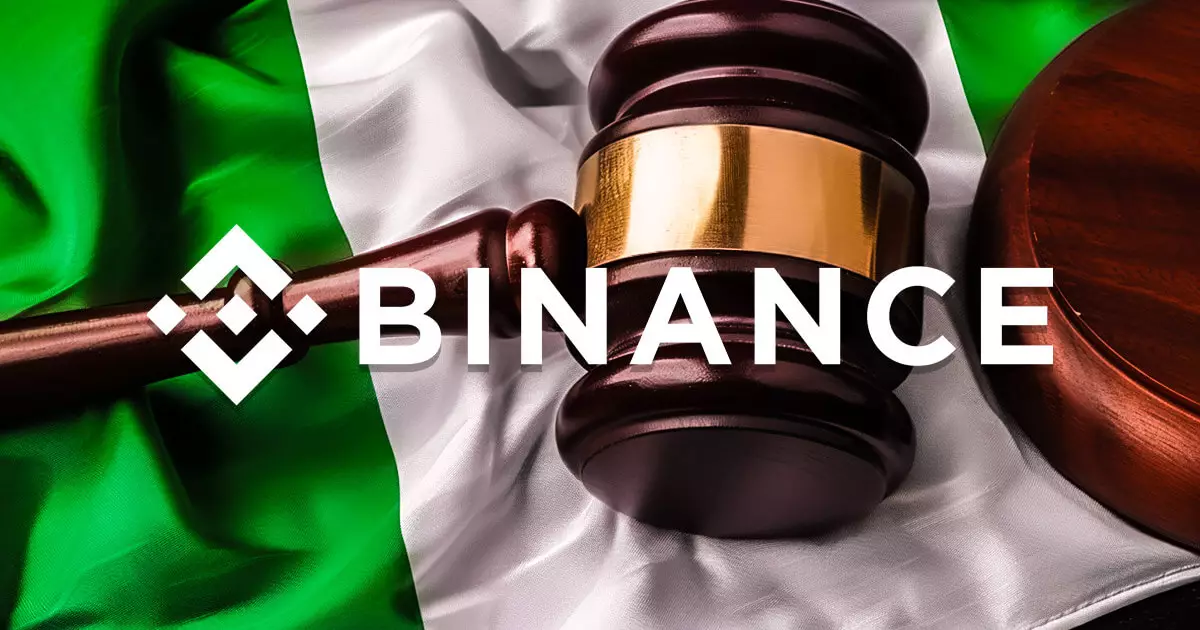Recently, Olubukola Akinwumi, the deputy director of the Central Bank of Nigeria, made serious allegations against Binance. According to local media reports, Akinwumi accused Binance of engaging in transactions that are typically reserved for authorized banks and financial institutions. This accusation was made during his testimony in a lawsuit brought by the Economic and Financial Crimes Commission (EFCC) against Binance and one of its executives, Tigran Gambaryan.
Akinwumi went on to testify that Binance allows Nigerian users to conduct transactions using pseudonyms, which goes against the rules set by the Central Bank of Nigeria. The CBN requires parties involved in financial transactions to disclose their true identities, a rule that Binance allegedly disregarded. Additionally, Akinwumi mentioned that Binance’s peer-to-peer (P2P) platform, which facilitates direct transactions, involves the transfer of the Nigerian fiat currency, Naira. These transactions, as detailed by Akinwumi, are considered to be in violation of the CBN’s regulations.
It is important to note that Binance discontinued its P2P feature for Nigerians in response to government scrutiny back in February. Despite this, Akinwumi highlighted that Binance still allows Nigerians to deposit and withdraw Naira from the platform through a ‘cash link.’ Such activities are regulated by the CBN, and the fact that Binance is not licensed as a payment service provider raises serious concerns.
As the trial continues, Akinwumi is scheduled to be cross-examined on July 16. The crackdown on crypto service providers in Nigeria began after the National Security Adviser labeled crypto trading as a national security threat. This led to a significant shift in the country’s stance towards cryptocurrencies, despite the CBN lifting a two-year ban on crypto transactions just a few months prior. In an effort to regulate the industry, Nigeria’s Securities and Exchange Commission issued a 30-day window for crypto exchanges to re-register their businesses under the new regime, warning of enforcement actions for non-compliance.
Overall, the allegations raised against Binance in Nigeria shed light on the challenges faced by cryptocurrency service providers in navigating regulatory frameworks and compliance requirements. The outcome of the trial and the response from both Binance and regulatory authorities will likely have a significant impact on the future of cryptocurrency operations in Nigeria.


Leave a Reply